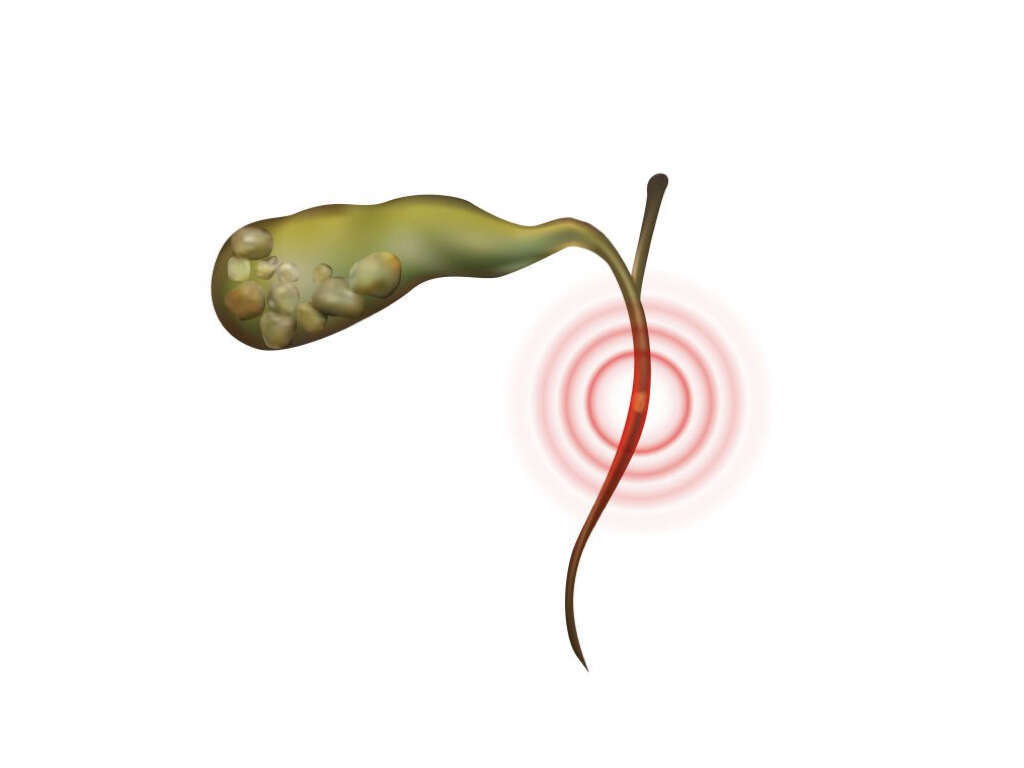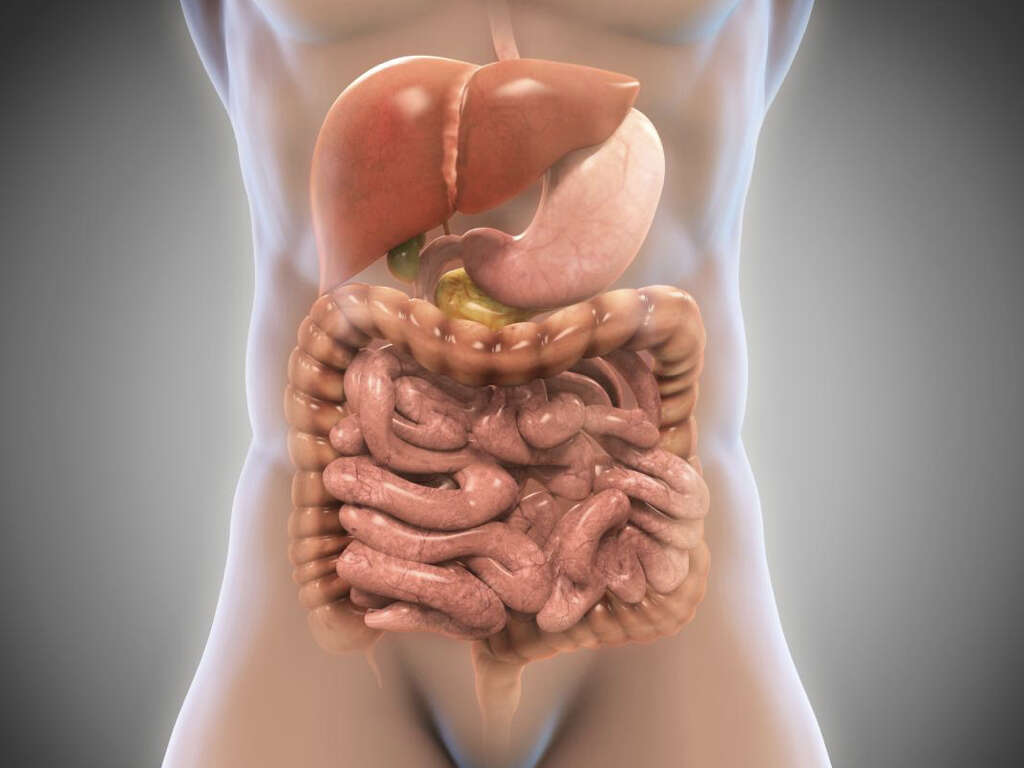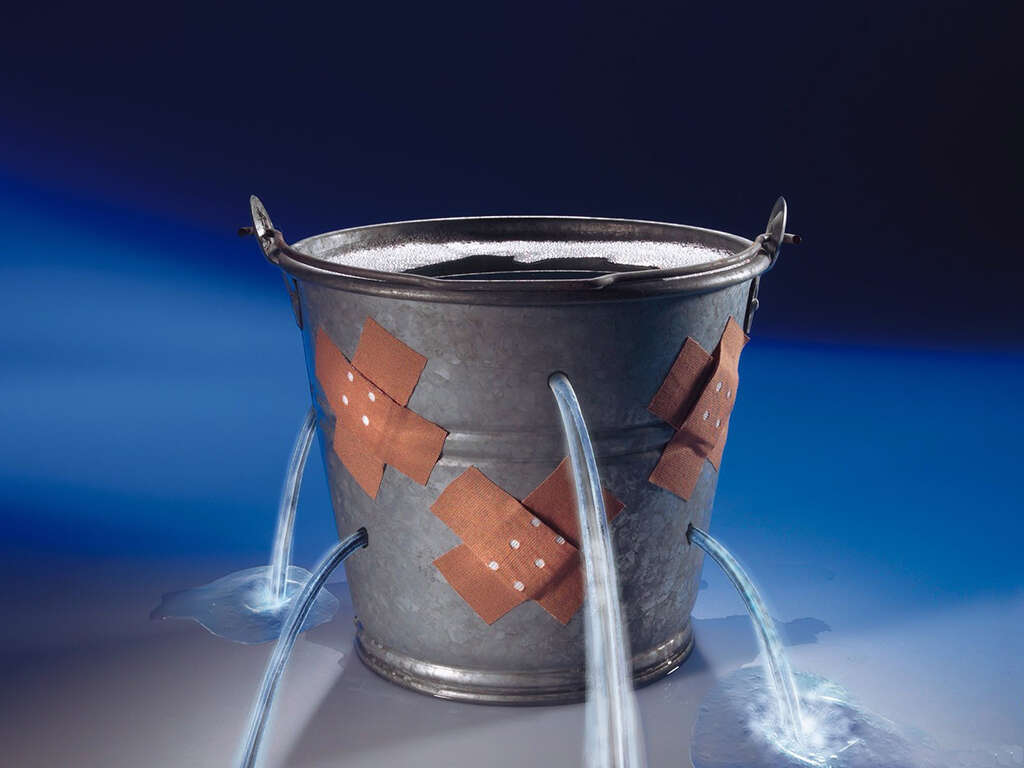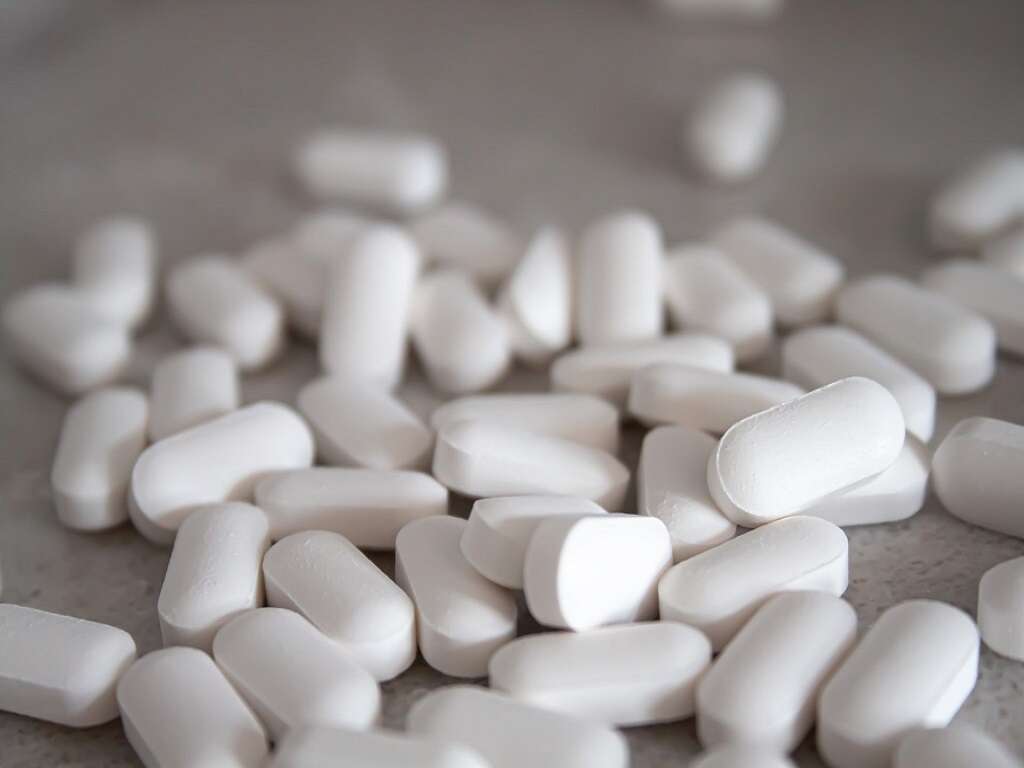What Is Cholestasis?
Cholestasis is a disease that affects the liver. Different categorizations of this disorder are based on the cause and location of the issue. Additionally, the symptoms and treatments used to address cholestasis vary, depending on where it originated.
In some situations, cholestasis can be potentially dangerous and uncomfortable for the individual diagnosed with the condition. Knowing the warning signs and understanding the importance of receiving prompt care can help people with cholestasis find relief. Some common questions and answers about this illness can help give insight into the disease.
1. What Causes Cholestasis?
The primary cause of cholestasis is a buildup of bilirubin within the digestive system. This substance is a pigment produced by the liver as damaged red blood cells break down. It normally combines with bile before being digested and excreted from the body.
With cholestasis, bile is prevented from flowing through the digestive tract, causing the bilirubin to instead accumulate in the bloodstream. Several organs, including the liver, gallbladder, intestines, and pancreas, can affect this ebb in how bile flows throughout the body.
2. What Is Obstetric Cholestasis?
A type of cholestasis that specifically affects pregnant women is known as obstetric cholestasis. This condition most often involves females in the third trimester of pregnancy, affecting one to two person’s for every 1,000 pregnancies. Pregnancy hormones are often the primary cause of this situation. For many women, the cholestasis clears up after delivery.
Latina women and females carrying multiple babies are more likely to develop this issue during pregnancy. Women can also have a genetic disposition to cholestasis, meaning they’d have a higher risk of developing the condition in pregnancy if a close family member has also experienced the problem while pregnant.

3. What Is Intrahepatic Versus Extrahepatic Cholestasis?
Intrahepatic cholestasis is a term used when the condition is caused by a source inside the liver. Obstetric cholestasis fits within this overarching category. Certain diseases or infections, such as HIV, sickle cell, hepatitis, or lymphomas can lead to intrahepatic cholestasis. It can also be a result of certain medications or drug and alcohol use.
On the other hand, extrahepatic cholestasis signifies an external source is to blame. Often, this is due to a blockage of one of the bile ducts or a part of the digestive system that bile needs to flow through to meet with the bilirubin and exit the body. Gallstones or bile duct stones can form due to issues with the gallbladder or excess cholesterol. Tumors can also cause blockages.
4. What Are the Symptoms of Cholestasis?
The symptoms of cholestasis can vary greatly depending on the cause of the disease and the individual experiencing it. For people with chronic cholestasis, it not uncommon for them to be asymptomatic. This is most common in people who have slowed bile flow due to a congenital reason.
For others with acute cholestasis, whether an external or internal factor is to blame, there are several telltale signs. Jaundice is the primary symptom, which can cause yellowing of the skin and eyes. Additionally, individuals may experience abdominal pain, nausea, dark urine, light-colored stool, fatigue, and itchiness.

5. What Are the Risk Factors of Cholestasis?
Certain behaviors and lifestyles make a person more prone to developing cholestasis, including excessive alcohol use, illicit drug use, and a diet high in cholesterol. Women, pregnant or not, are more likely to develop this condition than men.
Certain medications, when taken on a consistent basis, can also cause liver damage. These may include antibiotics, oral contraceptives, anabolic steroids, some nonsteroidal anti-inflammatories, and some antipsychotic drugs.
6. Can Children Get Cholestasis?
Childhood cholestasis is a concern for infants and is a common cause of jaundice in babies. While this can be due to genetic reasons, a woman having obstetric cholestasis in pregnancy does not increase the chance of her baby having the condition following birth.
Although parents are often told to watch out for signs of jaundice, only about one in every 2,500 newborns develop cholestasis, and cases are spread equally among girls and boys. Premature birth, intravenous feeding for more than two to four weeks, and short bowel syndrome are all risk factors for infants.

7. Can Animals Get Cholestasis?
Just like humans, animals are at risk of developing cholestasis. This condition is commonly seen in domestic pets, such as cats and dogs. It can be related to an internal or external cause, and it may lead to noticeable digestive issues in pets.
While many of the symptoms for animals and humans are similar, other potential signs in pets include anemia,
increased thirst, sepsis, fever, and visible discomfort. If pet owners notice their animals are exhibiting pale stools, vomiting, diarrhea, weight loss, or signs of abdominal pain, a vet appointment should be made to make a formal diagnosis.
8. How Is Cholestasis Diagnosed?
A physical exam and a blood test are the first steps a doctor takes to diagnose cholestasis. If the physician notices signs of jaundice, this will warrant further investigation. The blood draw measures the patient’s bilirubin level and tests for the enzyme’s alkaline phosphate and gamma-glutamyl transpeptidase since high levels of these are indicators of cholestasis.
While the blood test can help doctors make a cholestasis diagnosis, this does not reveal whether the issue is within the liver or outside of it. Imaging tests, such as a CT scan, ultrasound, or MRI can reveal any blockages or abnormalities. Evidence of recent drug use can also help doctors determine if problems are a result of liver disease.

9. Is Cholestasis Dangerous?
While cholestasis can make someone feel very ill and need major treatment to fully recover, it is not a major cause of death in most adults. However, the underlying problem can be very dangerous and possibly fatal, such as pancreatic cancer, sepsis, and liver disease.
This condition is especially concerning for women who are pregnant since it can cause several complications. In some cases, it can lead to preterm delivery or a stillbirth. Infants with the condition need monitoring as weight loss and sickness can occur.
10. What Is the Treatment for Cholestasis?
The treatment options for cholestasis depend on its cause. If a gallstone or bile duct stone is to blame, removing the obstruction can clear up symptoms almost immediately. Similarly, surgically removing tumors that are small enough to be extracted from the body can relieve symptoms.
Treating intrahepatic cholestasis is a little more complicated because it requires addressing problems with the functioning of the liver. Discontinuing alcohol and drug use can help improve the outlook of treatment. Several medications and supplements may be prescribed, such as cholestyramine for itchiness, vitamin K for blood clotting, and ursodeoxycholic acid to increase bile flow.










